Description
Product Description
‘Vata’ in its normal state governs the activities of the brain and nervous system. Derangement of Vata may manifest as deficient activity, hyperactivity or altered activity. Facial palsy, tremors, tics and convulsions, hemiplegia, paraplegia, quadriplegia, muscle wasting, paraesthesia etc. are some neurological disorders that greatly affect the individual’s quality of life.
Dhanadanayandi Kashayam is used with good results in most neurological disorders. It helps in regaining lost muscle and nerve function. Dhanadanayanadi Kashayam also restores strength and mobility.
Kashayas or herbal decoctions harness the healing properties of herbs and roots in a mild and easily absorbable water base. Dhanadanayanadi Kashayam can be safely administered even in toddlers, in physician advised doses.
Features and benefits of Dhanadanayanadi Kashayam –
- Dhanadanayanadi Kashayam is an aqueous extract of prime Vata-hara drugs like Dhanadanayana (Caesalpinia bonduc), Sunthi (Zingiber officinale), Sigru (Moringa oleifera), Rasna (Pluchea lanceolata), Vacha (Acorus calamus), Varuna (Crataeva magna), Lasuna (Allium sativum), Pippali (Piper longum), Chitraka (Plumbago zeylanica), Eranda (Riccinus communis), Devadaru (Cedrus deodara), Musta (Cyperus rotundus), Pathya (Terminalia chebula) and Bharngi (Clerodendrum serratum).
- Dhanadanayanadi Kashayam facilitates the smooth function of the brain and the conducting system. A good nervine tonic.
- It has established efficacy in restoring nerve function in the varied extents of paralysis and decreased mobility.
- It helps in strengthening muscles and bones. Dhanadanayanadi kashayam restores mobility to a great extent.
- Dhanadanayanadi Kashayam also enhances brain function. Improves memory, focus, and concentration.
Dosage & Directions for Use
Adult: 15-20 ml of Dhanadanayanadi Kashayam mixed with 45-60 ml of boiled and cooled water, twice daily on empty stomach.
Child: 10-15 ml of Dhanadanayanadi Kashayam mixed with 30-45 ml of boiled and cooled water, twice daily on empty stomach.
Suitable for all ages.
Key ingredients:
LATHAKARANJA (Caesalpinia bonducela)
It is commonly known as Grey nicker. All parts of the plant have medicinal properties. The flower extract of Caesalpinia bonducella showed a significant antinociceptive effect in the inflammatory phase of formalin-induced pain and acetic- induced parietal pain. The seed oil of Caesalpinia bonducella could be a potential source of an anti-inflammatory, antipyretic, and analgesic agent. This herb is used in the treatment of various health complications like colic fever, intermittent fever, malaria, menstrual complaints, pneumonia, skin diseases, swelling, pulmonary tuberculosis, and also acts as a uterine stimulant, to clean the uterus. In worm infestations, the juice of its leaves or powder of its roasted seeds is given along with amra (mango) and haridra (turmeric).
SHUNTI (Zingiber officinale)
It is a very effective drug to reduce flatulence and bloating of the abdomen. It is very much effective in both fresh and dried forms. Dry ginger powder helps in the digestion and elimination of toxins. It acts as an anti-diarrhoeal and anti-dysenteric. It improves bone health, relieving pain and inflammation in joints. Chewing Shunti gives relief from the bloating of the abdomen.
RASNA (Alpinia galanga)
It is commonly called blue ginger or great galangal. The rhizome is used for medicinal purposes. Rich in antioxidants and may boost male fertility and reduce inflammation and pain. It may even protect against infections and certain types of cancer. A small piece of the rhizome is chewed in the mouth to relieve the bad odor.
VACHA (Acorus calamus)
Vacha is an ancient herb having various health benefits. The name “Vacha” in Sanskrit means speaking clearly because this herb stimulates intelligence and expression. In Ayurveda, Vacha is known as a rejuvenating herb because of its effect on the nervous system. It is bitter in taste and is used in the dried form. According to Ayurveda, taking Vacha along with honey daily helps manage speech disorders due to its Vata balancing and Medhya (intelligence) properties
VARUNA (Crataeva nurvala)
It is also known as Three-leaved caper. The bark and leaves of the tree are mainly used for medicinal purposes. Varuna bark is recommended for blood purification, urinary-bladder problems, erysipelas, lymphadenopathy, BPH (enlarged Prostate), and calculi.
PIPPALI (Piper longum)
It is commonly called Indian long pepper. It is effective in different respiratory tract diseases. It provides relief from cough and congestion and also helps in removing phlegm deposits from the respiratory tract. It also improves appetite and digestion, as well as treats stomach ache, heartburn, indigestion, intestinal gas, diarrhea, and cholera.
CHITHRAKA (Plumbago Zylaniacum)
The whole of the plant is used for medicinal purposes. The word Dahana means that burns or digests. This medicinal herb is used mainly in indigestion cases along with carminative, anti-aging properties. It also helps manage atherosclerosis as it prevents the deposition of fatty substances in arteries and maintains the blood flow in the body.
ERANDA (Ricinus communis)
All the parts of this herb have medicinal value. Castor seeds and seed oil is used from ancient times to treat disorders like rheumatism, worm infestation, and abdominal disorders. External application of this oil is used to relieve boils, furuncles, and various skin related disorders. Internally, castor oil is taken to relieve constipation. The oil is also applied over the scalp as well as eyebrows for better growth of the hair
DEVADARU (Cedrus deodara)
Devadaru is useful in skin disorders, helminthiasis, and ulcers and is a wound cleanser. It also helps in removing flatulence and aids in removing toxins from the gut. It is an effective painkiller due to its analgesic properties. External application of the paste of Deodar helps to relieve pain, swelling, inflammation, cleansing infected wounds and skin disorders associated with pain and itching. Himalayan Cedar oil is also used in headache, arthritis pain, and infected wounds externally.
MUSTA (Cyperus rotundus)
It is commonly known as common nutsedge. It is effective in gastritis, irritable bowel syndrome. Due to its breast purification property, it is used during postpartum care to avoid indigestion to the child. The paste is applied over the breast and washed after some time. Musta oil is an effective home remedy for managing stomach disorders due to its antispasmodic and carminative properties.
HARITAKI (Terminalia chebula)
Commonly known as Indian walnut tree, it is one among the Triphala. The important drug in the various Ayurvedic preparations. It holds high significance for treating diarrhea, dysentery, vision problems, obesity, gingivitis, gout, asthma. Applying Haritaki powder along with coconut oil in the form of paste is used to heal wounds due to its astringent property. It also helps fight against infectious agents and prevents skin infections.
BHARANGI (Clerodendron serratum)
Bharangi is one of the common herbs used in the treatment of cold, chronic sinusitis, allergic rhinitis, cough, and other chronic respiratory problems. It is also an excellent dry cough home remedy. It is also used by Ayurveda for relief from fever and hyper-pyrexia.
Speciality: 100% Natural. Purely herbal. Vegetarian.


 Sign In
Sign In Cart
Cart 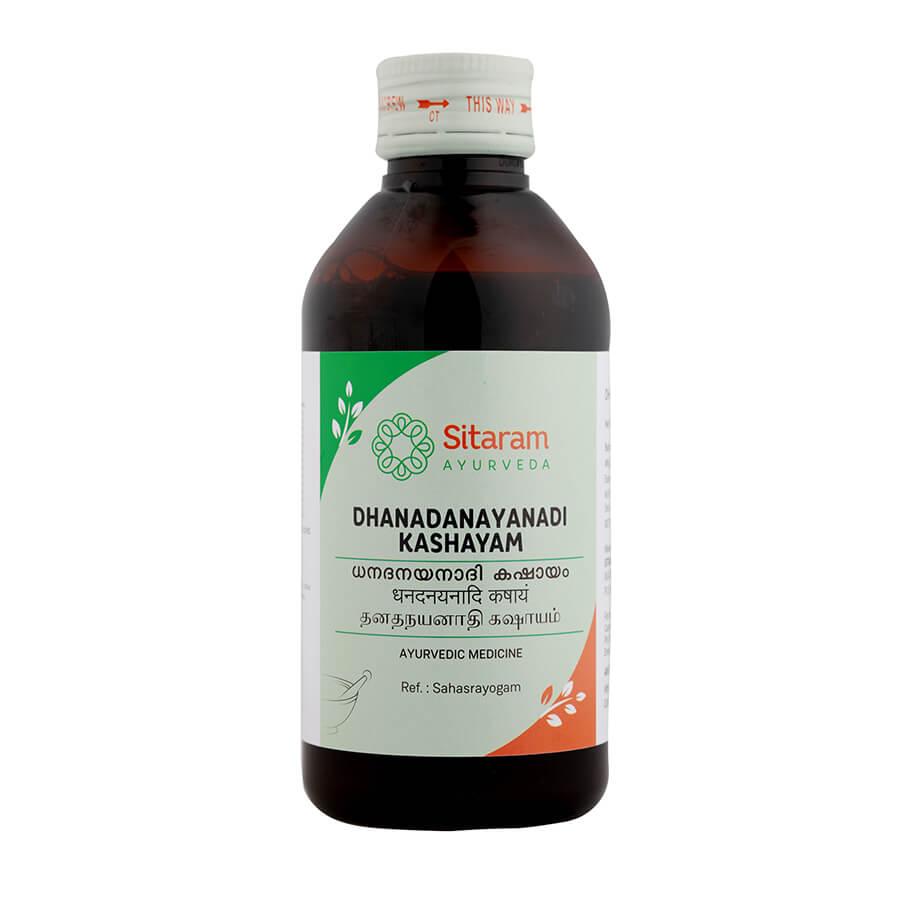
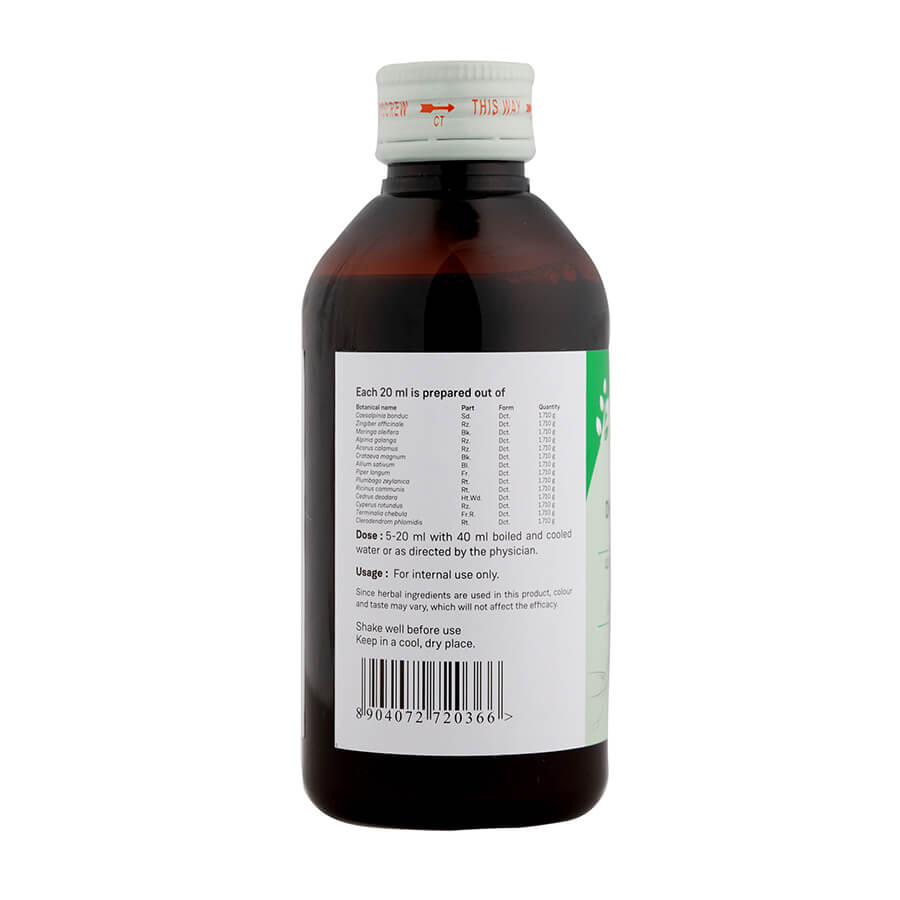
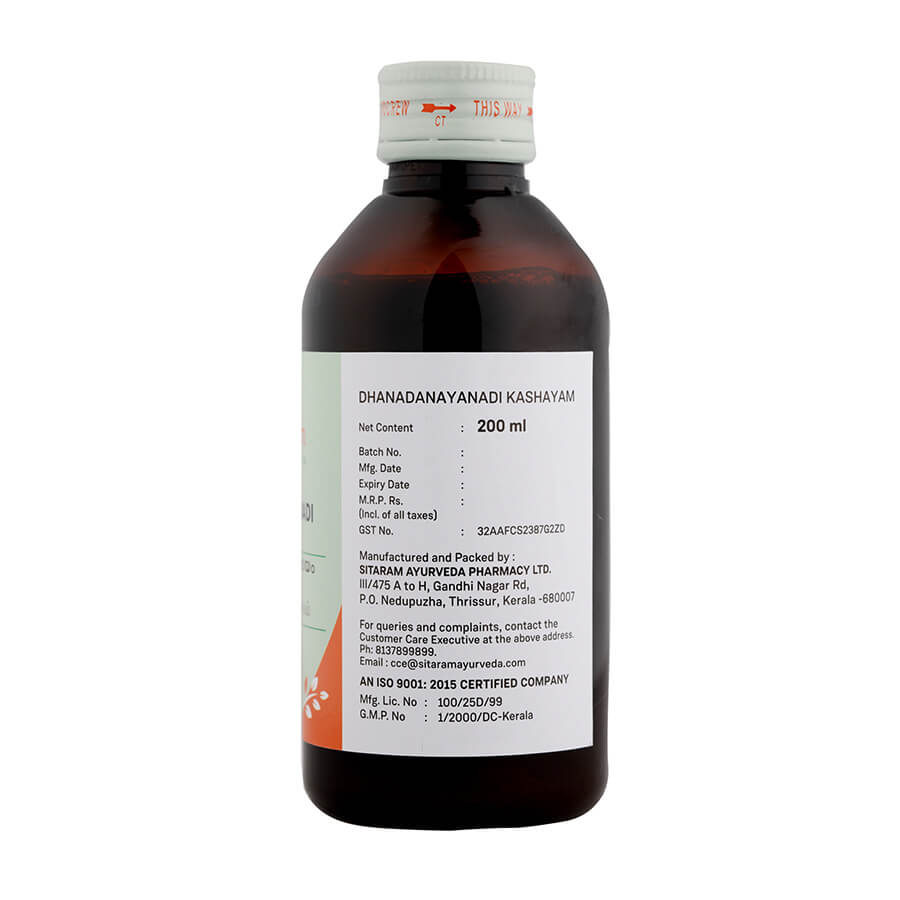
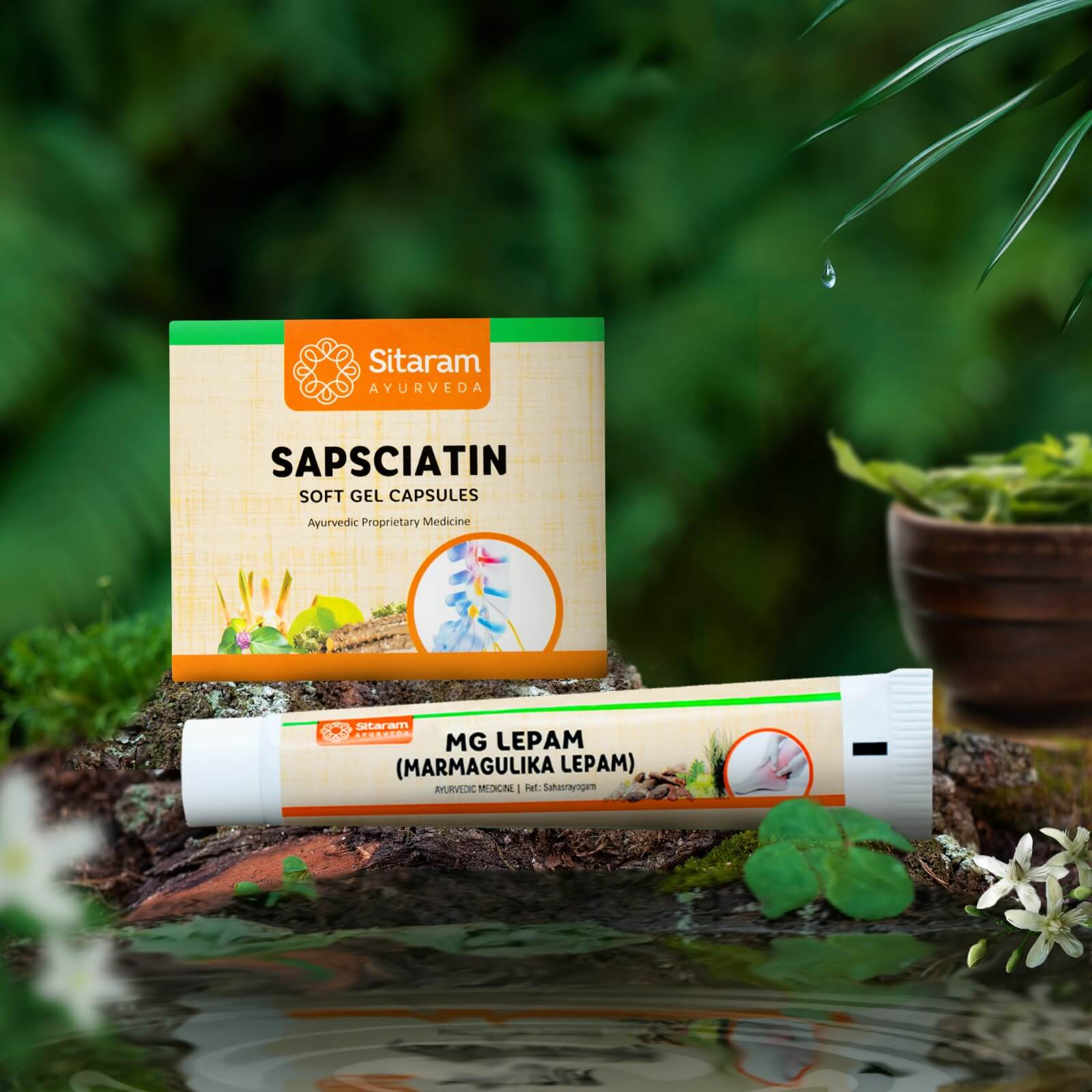
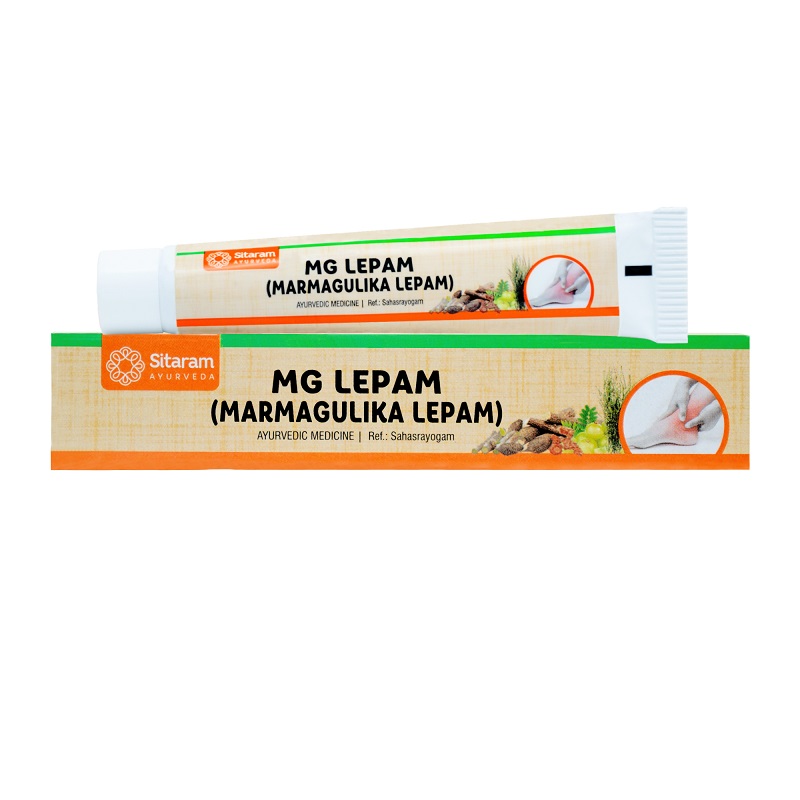
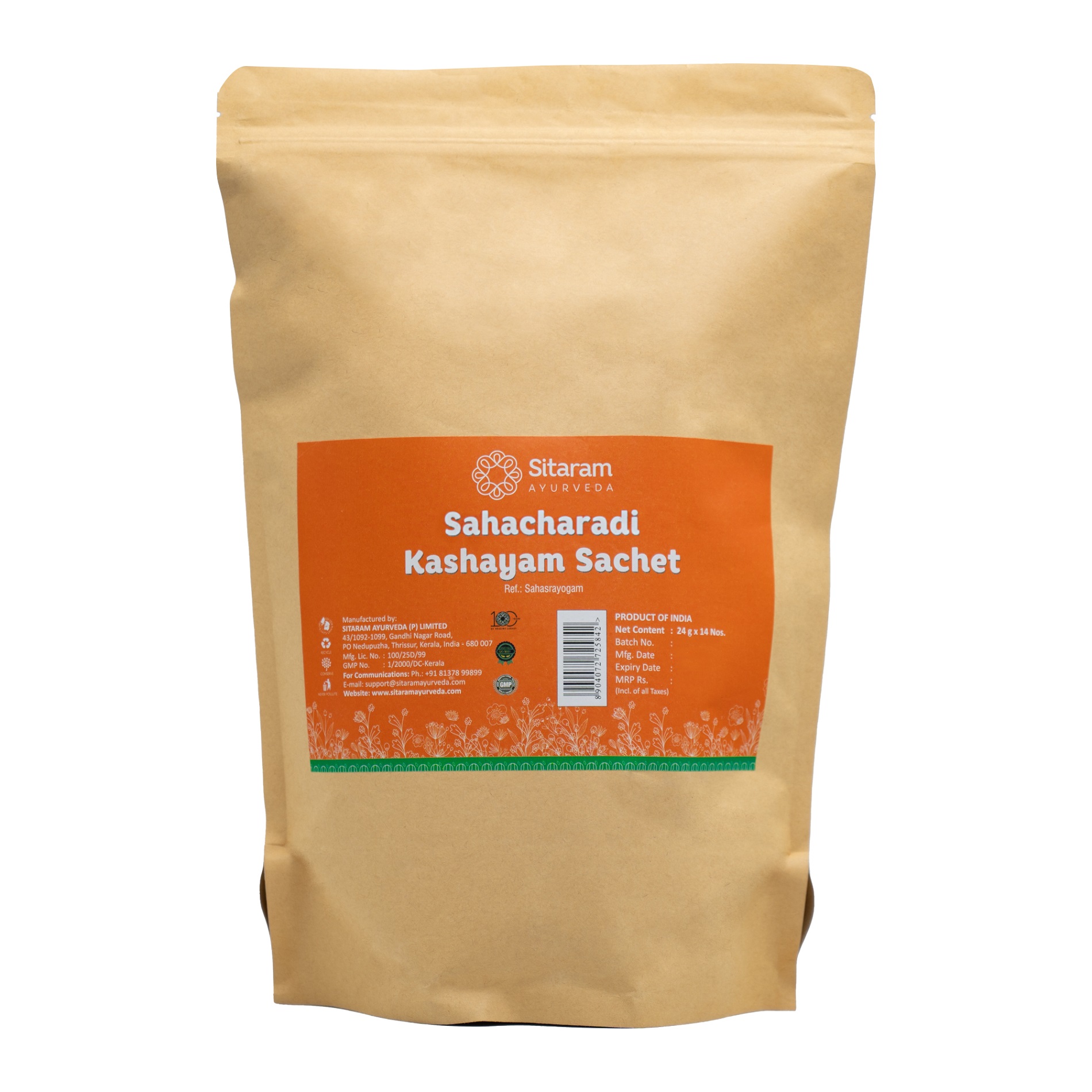
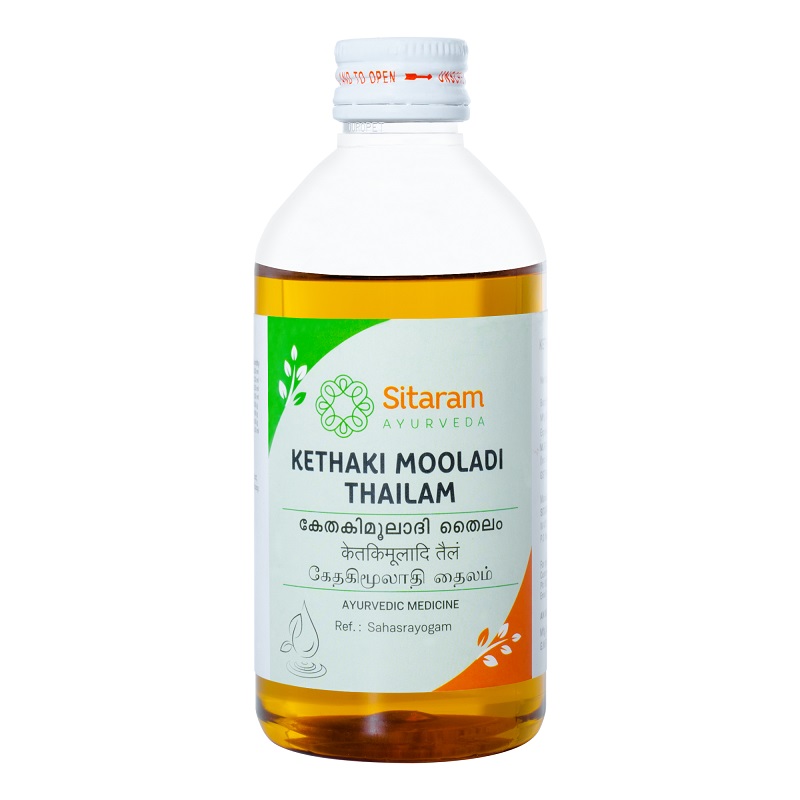
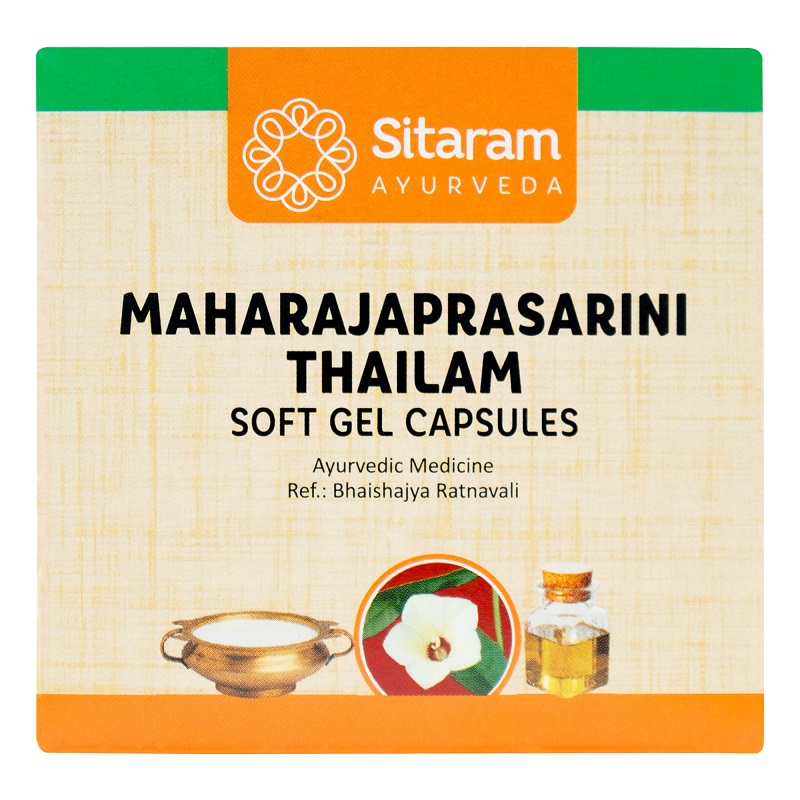
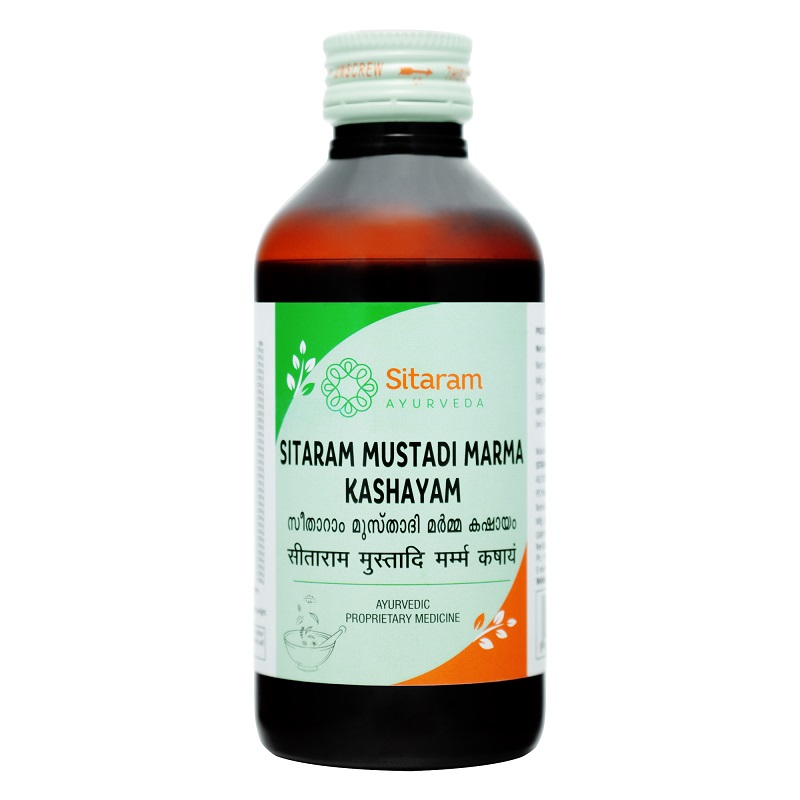
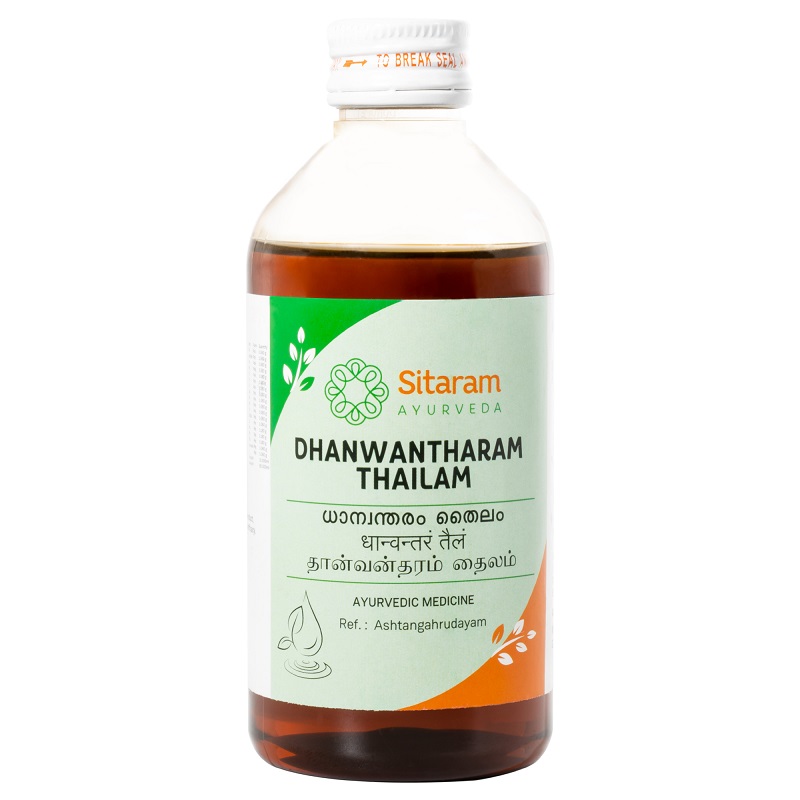
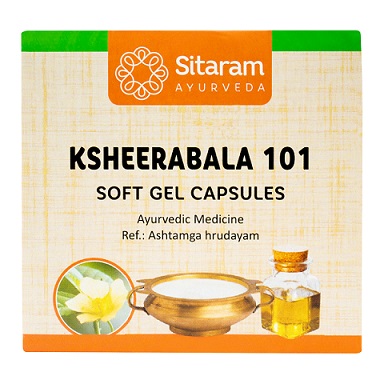
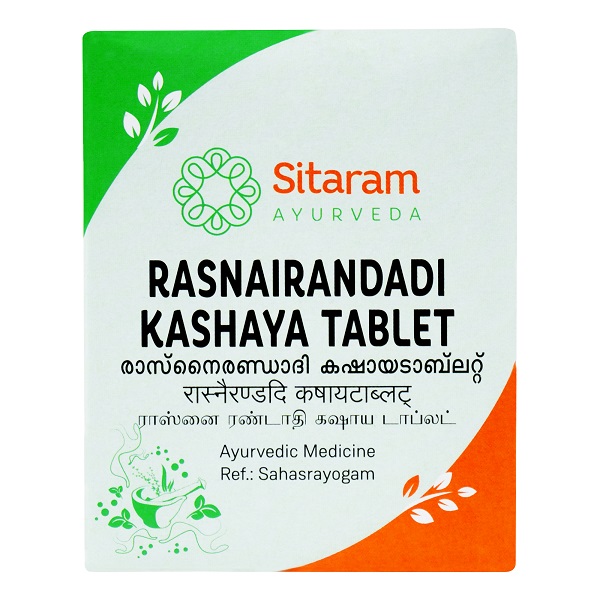
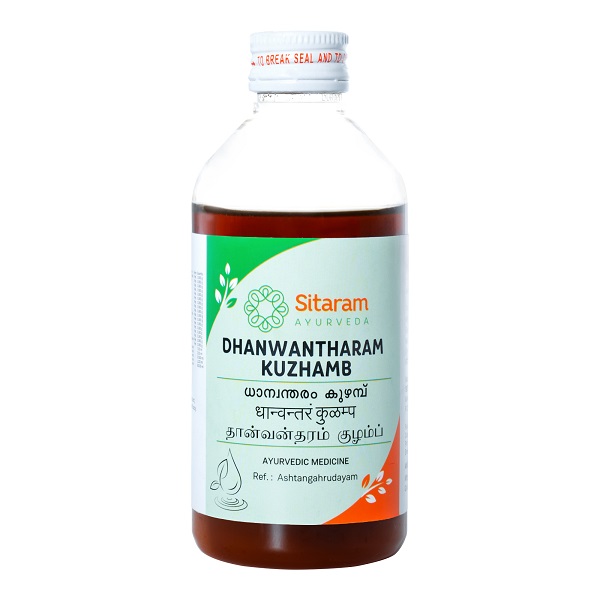
Reviews
There are no reviews yet.